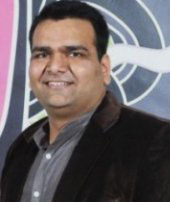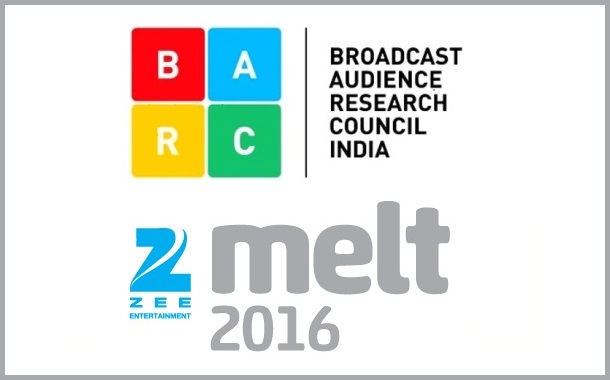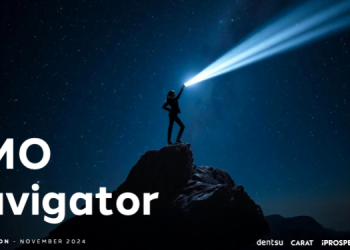Mumbai: BARC India’s Think session on ‘Role of Big Data in Driving Ad Effectiveness’, at the just concluded Zee MELT, delved into the need for Big Data and its use in ad campaigns. The session featured Romil Ramgarhia, Chief Business Officer, BARC India, Bjoern Kroog, Global Head POS Analytics and Integrated Market Intelligence, GfK and Sukanyya Misra, Senior Vice President, Mastercard Advisors Shared Services, India. The session was moderated by Senior Journalist Gurbir Singh.
Romil opened the session by centering the conversation on the aim of ad campaigns: which is to increase sales, uplift brand KPI, stay ahead of competition and help sales forecasting.

Romil underlined the need to drive ad effectiveness, especially in the highly fragmented Indian market, with 8000+ advertisers, 12000+ brands, and 90000+ new campaigns every year. He said that a combination of data engines, machine learning algorithms and advanced analytics are key to ensuring ad effectiveness, which would in turn lead to incremental uplift in sales for each rupee spent, understanding of cross channel synergies, less uncertainty with effective prediction, optimum utilisation of media budgets, real time analysis and sharper targeting.
Sukanyya, spoke about transforming big data into actionable insights. She said, “We should focus on not just big data but the right data.” According to her Big data can yield benefits with right testing and learning. Speaking from the perspective of MasterCard, she elaborated on how purchase patterns can help infer motivations, priorities and preferences of consumers.
Bjoern took the position that it is smart data and not just big data that drives ad effectiveness. He said that big data can be combined with reference data to yield smart data. He offered insights into how big data can be transformed into smart data. While globally Digital has already taken over print and is forecasted to become more important in TV in 2018 in terms of spending, in India he showed that based on surveys the majority of respondents watch TV and read newspapers on a daily basis. Therefore, instead of taking an either-or position, smart integration of big data and traditional approaches will guarantee valid and deep insights.

















